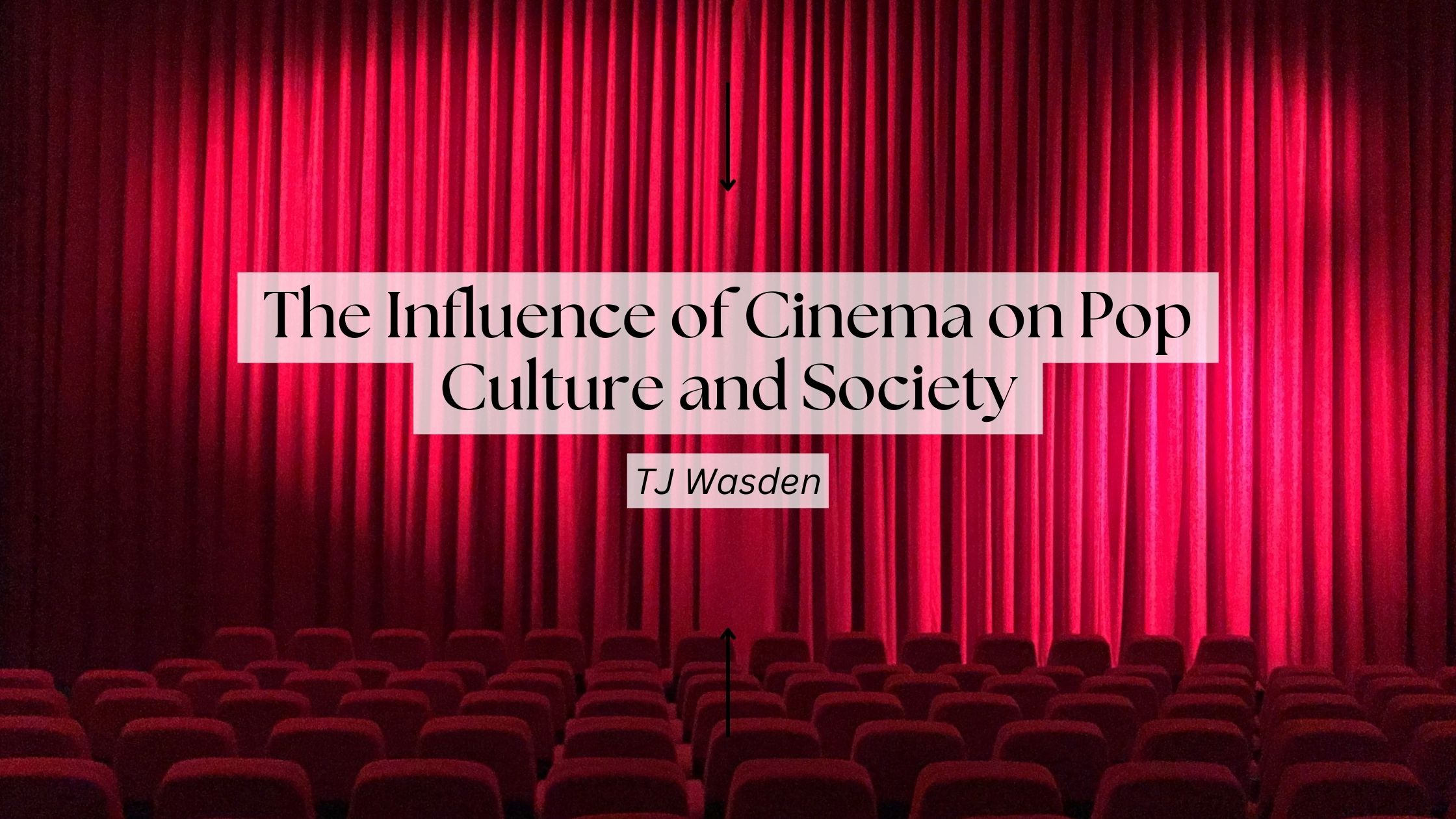
Cinema is more than just a form of entertainment; it is a powerful cultural force that has profoundly influenced pop culture and society. From the earliest silent films to today’s blockbusters and streaming content, cinema has left an indelible mark on our world.
In this article, we will explore the multifaceted influence of cinema on pop culture and society.
Reflection of Society:
Cinema often reflects the values, beliefs, and social issues of its time. Movies serve as a mirror that reflects societal norms, attitudes, and challenges. They can highlight pressing issues, provoke thought, and initiate conversations about racism, gender equality, and environmental concerns.
Shaping Fashion and Trends:
Cinema has a significant influence on fashion and trends. Iconic movie costumes, hairstyles, and accessories often become fashion statements.
Language and Catchphrases:
Iconic lines and catchphrases from movies become part of the cultural lexicon. Whether it’s “May the Force be with you” from “Star Wars” or “You can’t handle the truth!” from “A Few Good Men,” these phrases find their way into everyday conversations.
Music and Soundtracks:
Film soundtracks contribute to the music landscape and often become chart-topping hits. Music from movies like “Titanic,” “The Lion King,” and “The Sound of Music” has achieved widespread recognition and popularity.
Influence on Art and Literature:
Cinema inspires other forms of creative expression. Visual artists, writers, and playwrights draw inspiration from films’ storytelling and visual aesthetics. s.
Cultural Exchange and Globalization:
Cinema transcends borders and cultures, providing a platform for cultural exchange. Foreign films introduce audiences to different languages, traditions, and perspectives. International film festivals like Cannes and Sundance promote global cinema and cultural diversity.
Impact on Technology and Special Effects:
The film industry drives technological advancements. Innovations in special effects, CGI, and 3D technology have enhanced the cinematic experience and influenced other industries, including video games and virtual reality.
Redefining Gender Roles:
Cinema has played a role in challenging and redefining traditional gender roles. Female protagonists in action movies like “Wonder Woman” and “Mad Max: Fury Road” have broken stereotypes and inspired discussions about gender equality in the film industry.
Political and Social Activism:
Movies have the power to inspire social and political activism. Documentaries like “An Inconvenient Truth” and “Blackfish” have raised awareness about environmental issues and animal rights. Films like “Selma” and “Milk” have shed light on civil rights and LGBTQ+ activism.
Influence on Education:
The film is used as an educational tool in classrooms and academic studies. It can provide historical context, cultural insights, and perspectives on literature, making learning engaging and relatable.
Cinema’s influence on pop culture and society is pervasive and enduring. It shapes our perceptions, informs our conversations, and inspires creativity. Movies are more than a mere pastime; they reflect our shared human experience, a source of inspiration, and a cultural force that continues to shape our world in countless ways.
